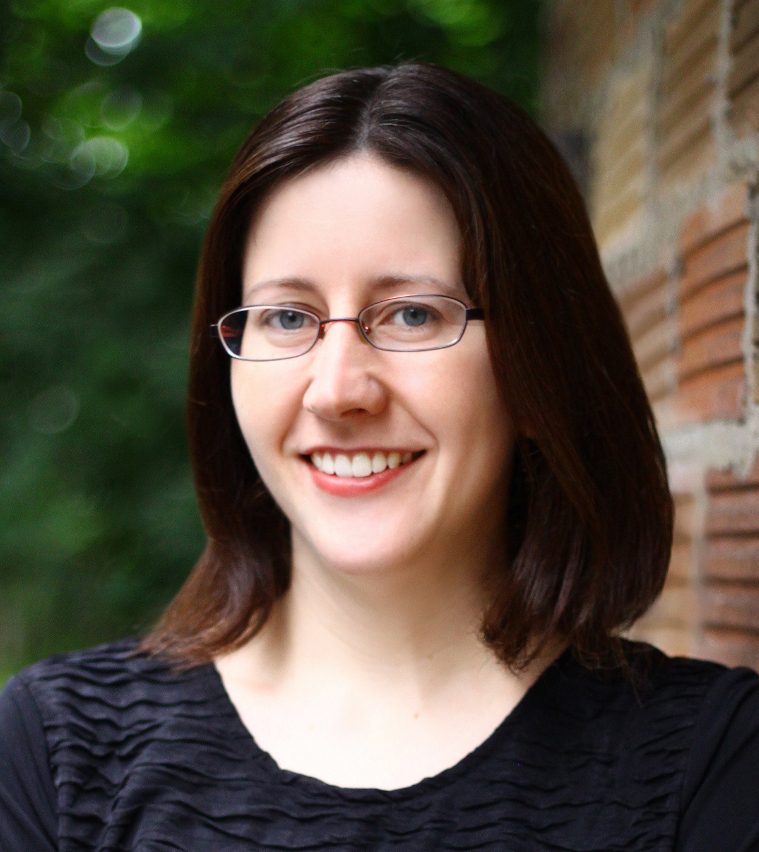Oberlin will introduce Oberlin-in-Paris, the College’s second semester-long study abroad program, in fall 2025. Designed to follow the success of the long-standing Danenberg Oberlin-in-London Program, which celebrates its 50th year this fall, Oberlin-in-Paris will provide students with an immersive academic and cultural experience in a historic and culturally important city.
Every year, more than 300 Oberlin students study away. However, only a small number go through Oberlin sponsored programs, which until now included only Oberlin-in-London and several shorter Winter Term projects or study trips.
“A big part of an Oberlin education is to enlarge our perspective on questions both big and small, something that many students pursue through travel and study abroad,” Deanna Bergdorf, director of Winter Term and global learning at Oberlin, said.
The Oberlin-in-Paris program is the result of growing interest from students and faculty to explore opportunities beyond London. According to Bergdorf, Paris was chosen because of the expertise and enthusiasm of Associate Professor of French and Cinema and Media Grace An and Professor of Dance Ann Cooper Albright. Both professors will co-lead the program, which will emphasize place-based learning and cultural immersion.
“Faculty leaders design courses, excursions, cultural activities, and time for independent exploration and discovery,” Bergdorf explained.
She added that programs like these require extensive planning, often taking up to two years to organize.
Oberlin-in-Paris will feature a curriculum designed to immerse students in the city’s culture and history. Courses include Poetry and Protest in the Streets: Paris 1968, taught by Professor An, Writing from the Vanishing Point, taught by Professor Albright, and Tasting France, co-taught by both professors. The program will also include a French language course taught at the Paris College of Art and tailored to each student’s level of fluency. Beyond academics, the program emphasizes experiential learning, with planned visits to cultural landmarks like the Louvre Museum and Musée d’Orsay and excursions to the Loire Valley and Strasbourg.
For students like College second-year Max Julius, the program’s structure and affordability make it an attractive option.
“I am attracted to the Oberlin-in-Paris program because it provides me an opportunity to engage with communities outside of the U.S. — which I have not done yet in my life — while providing consistent and trustworthy support from professors with whom I’ve connected,” Julius wrote in an email to the Review. “This opportunity is augmented by the fact that I’ll be mentored by distinct Oberlin professors who are experienced in living and teaching the arts — specifically dance.”
Julius emphasized that the program’s home-tuition model, which allows students to apply their existing financial aid packages to abroad programs’ tuition, eliminates many of the logistical and financial hurdles associated with third-party study abroad programs.
The timing of the Paris program aligns with recent successes in Oberlin’s language and cultural immersion initiatives. The French department has already seen enthusiastic responses to programs like the 2023 summer block course Discovering Champagne: The World in a Glass and Winter Term projects in Bordeaux.
“It felt like the right time for Oberlin to create home-grown experiences befitting Oberlin students in Paris, which is a magical city and one that still thrives on interpersonal exchanges in the streets and cafés,” Albright said.
While the Paris program will run every three years, Oberlin is already exploring future opportunities in cities like Berlin, Cairo, and Tokyo, according to Bergdorf. Faculty members have expressed interest in developing similar programs in destinations around the world, with exploratory visits underway to assess their feasibility. Bergdorf sees these efforts as central to Oberlin’s mission of fostering global engagement.









